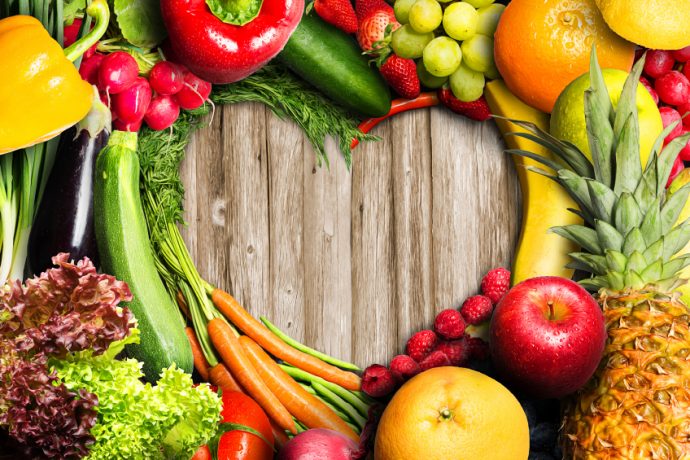Are you looking for tips on steps to keep your heart healthy? If so, you have come to the right place. Ask any health care professional and they will tell you that a healthy heart begins with a healthy diet. Maintaining a healthy diet can protect your heart in many ways. A healthy diet lowers the amount of bad cholesterol in your blood, lowers your blood pressure levels, limits inflammation of the arteries, and helps to prevent serious health problems such as heart attack and diabetes. What is included in a healthy diet? To find out, continue reading this article. Throughout the article we will discuss what foods are beneficial to your health and how they can help to protect your heart.
According to doctors, to keep a healthy heart you want to maintain a colorful diet. What does this mean? This means that you want to consume a variety of fruits and vegetables, of all different colors. Different colored fruits and vegetables provide us with different nutrients, minerals, and vitamins. Therefore, the best way to get a mixture of these essential nutrients, minerals, and vitamins is to eat a variety of colorful fruits and vegetables.
On top of these things, you also want to make sure that you intake plenty of fiber. Fiber can be found in fruits and vegetables, but can also be found in a variety of whole grain foods. How does fiber benefit your health? Fiber benefits your health in two ways. Firstly, it helps to lower the bad cholesterol within our bodies. Secondly, it helps us to control our weight by making our stomachs feel fuller, faster. According to health care professionals, the best health care diets include at least three servings of whole grain foods (and fibers) per day.
Maintaining a healthy diet not only requires consuming the right foods, but also includes cutting out the wrong foods. The healthiest diets are ones that are low in unhealthy fat, sodium, and cholesterol. Consuming too much of any of these components can lead to heightened cholesterol levels, high blood pressure, inflammation of the arteries, and heart attack. For complete health benefits, replace all saturated fats with unsaturated fats, limit your sodium intake to less than one teaspoon a day, and try to keep your daily cholesterol consumption under 300mg.
What foods should you be eating? Let’s take a look at some examples of how healthy, whole foods can benefit your diet. Red fruits and vegetables (beets, raspberries, red apples, strawberries, kidney beans) help to lower blood pressure. White foods (garlic, white onions) help to lower cholesterol and blood pressure. Dark foods (blueberries, blackberries, purple grapes) help to reduce the risk of heart disease. Finally, both orange and yellow foods (carrots, mangos, peaches, lemons, pears, yellow peppers, sweet potatoes) also help to reduce risk of heart disease.
Continue to research healthy dieting today, and be on your way to a healthier -happier – you!






